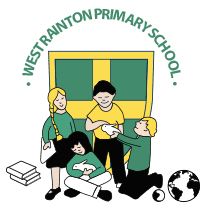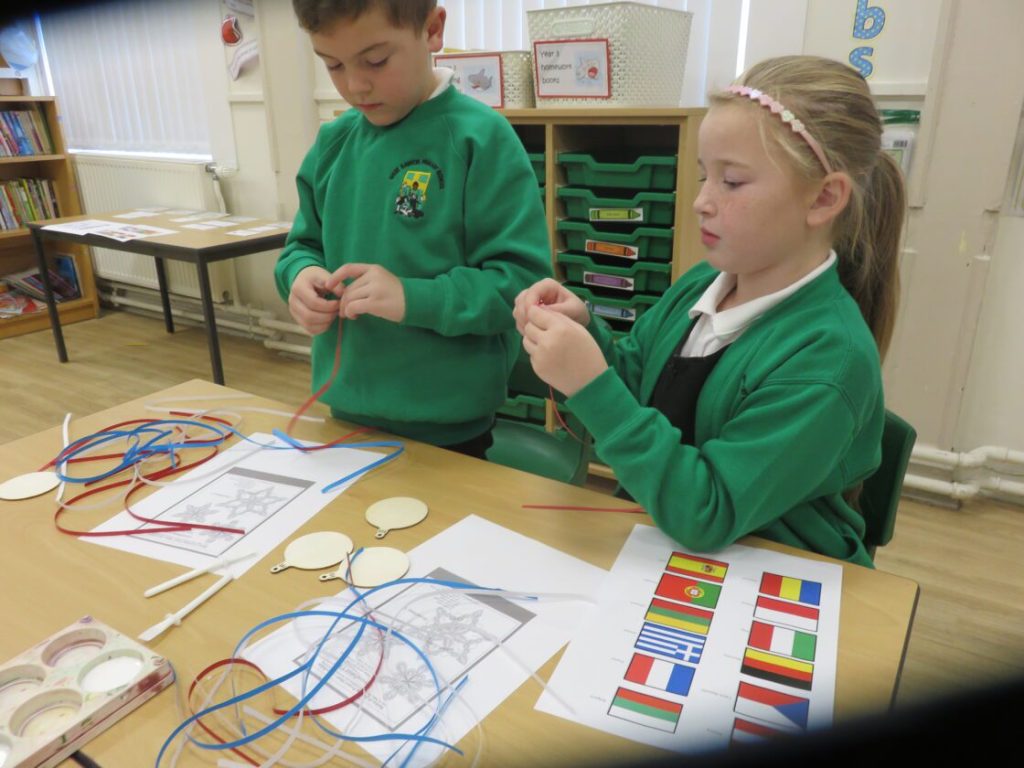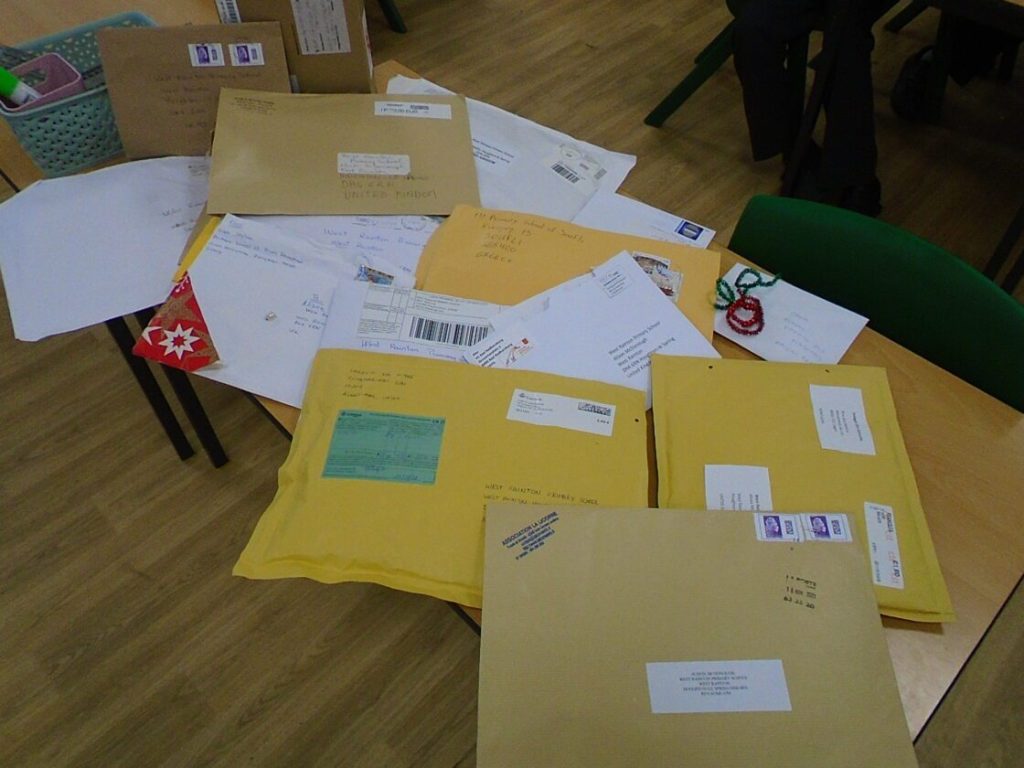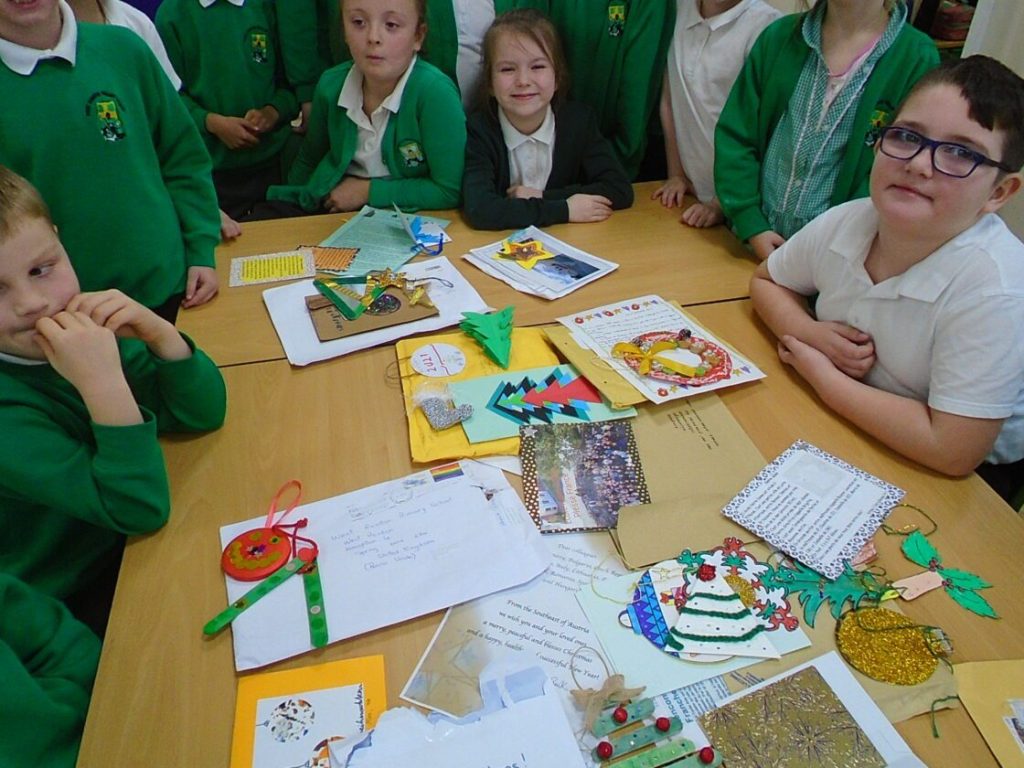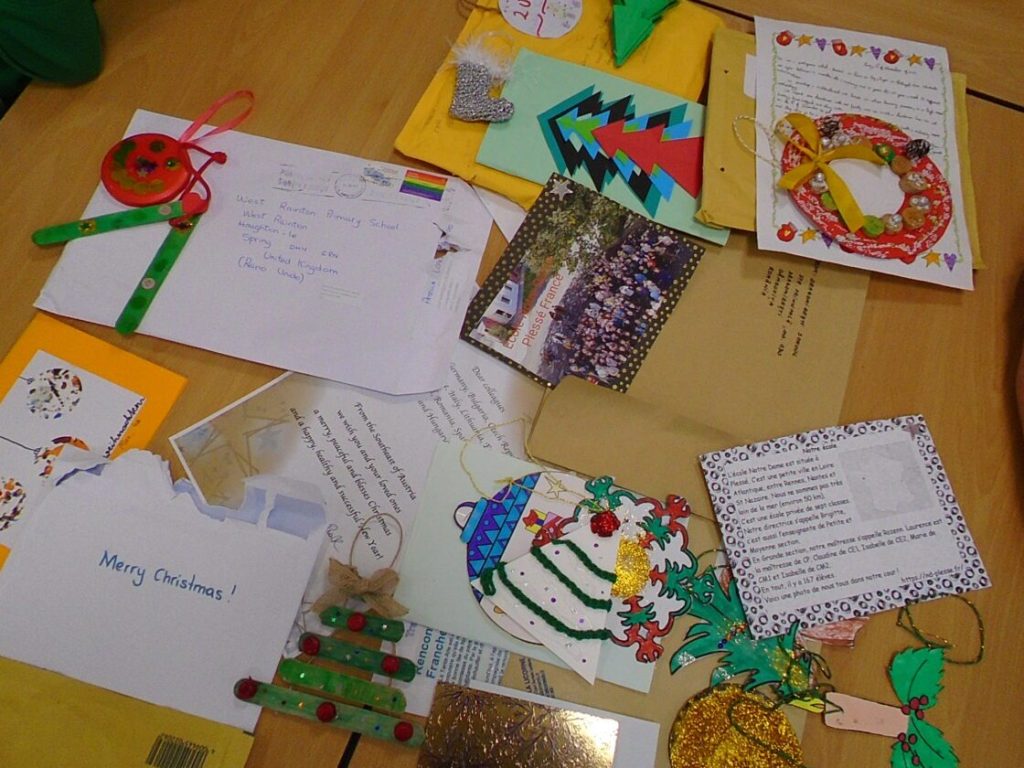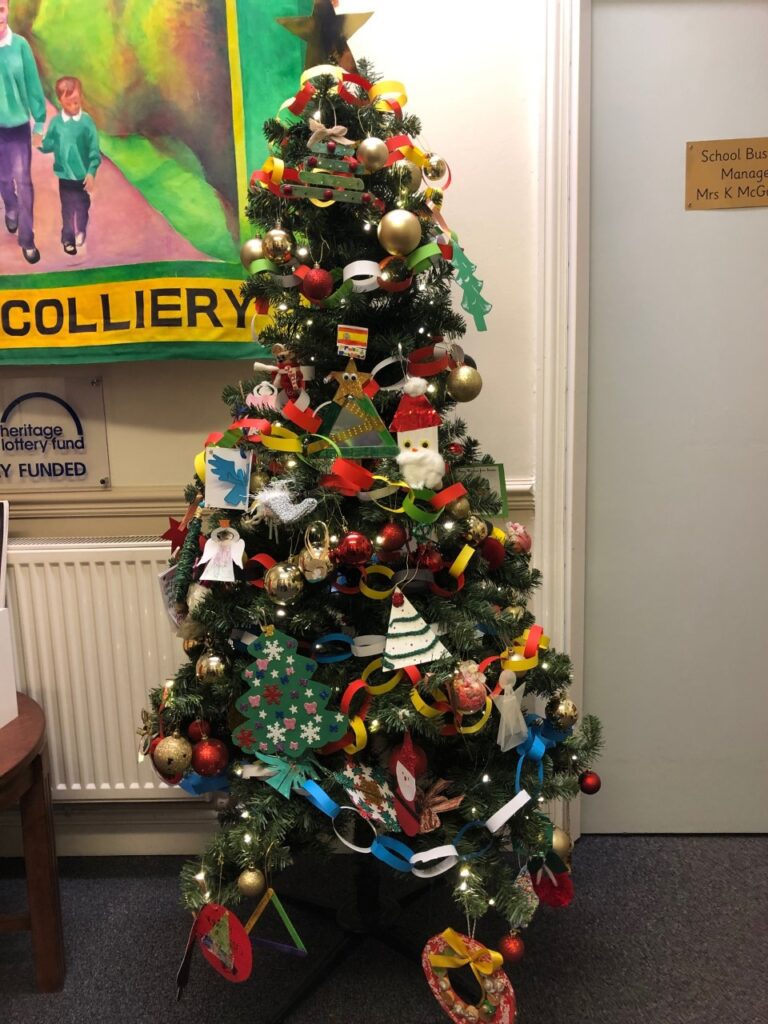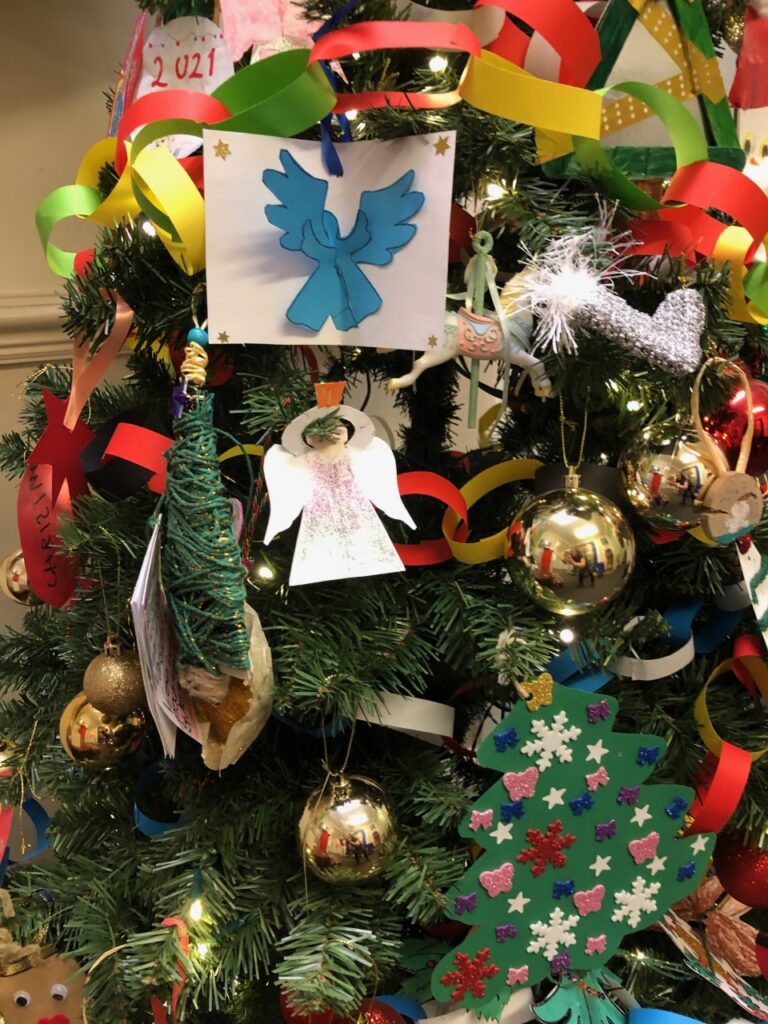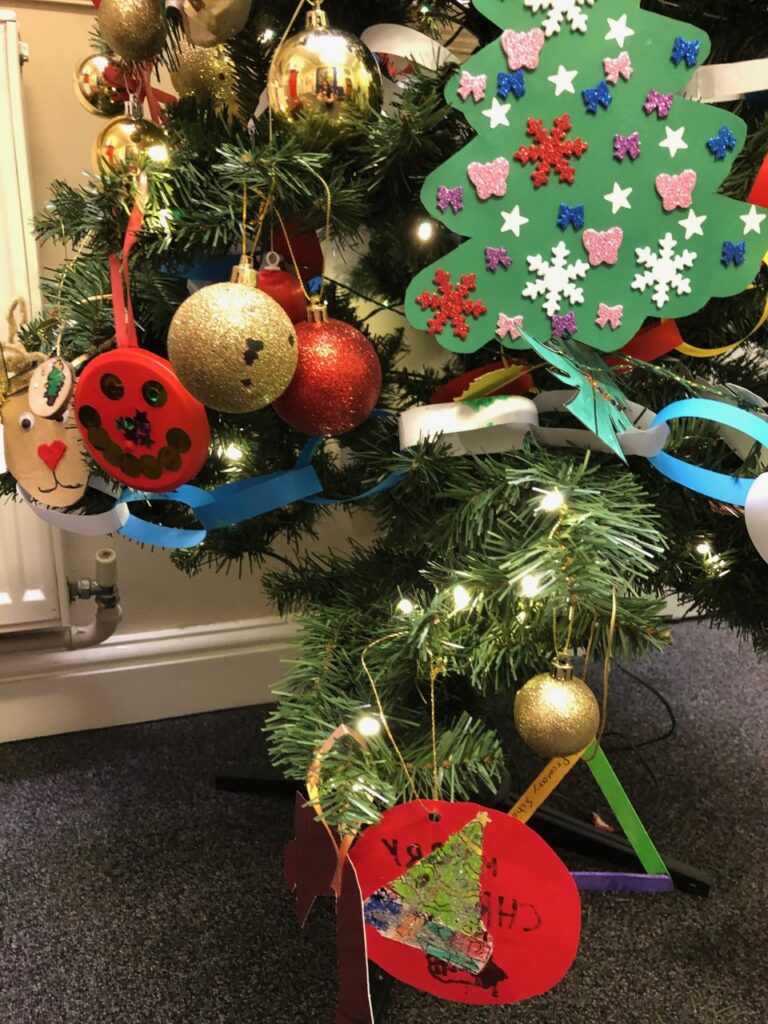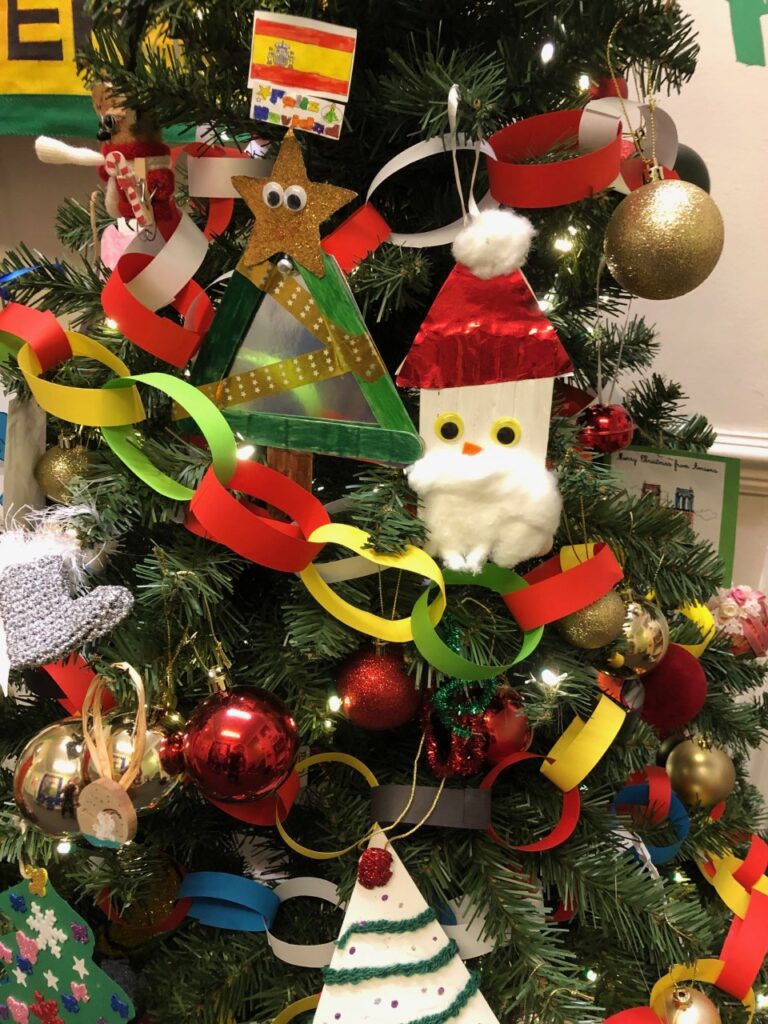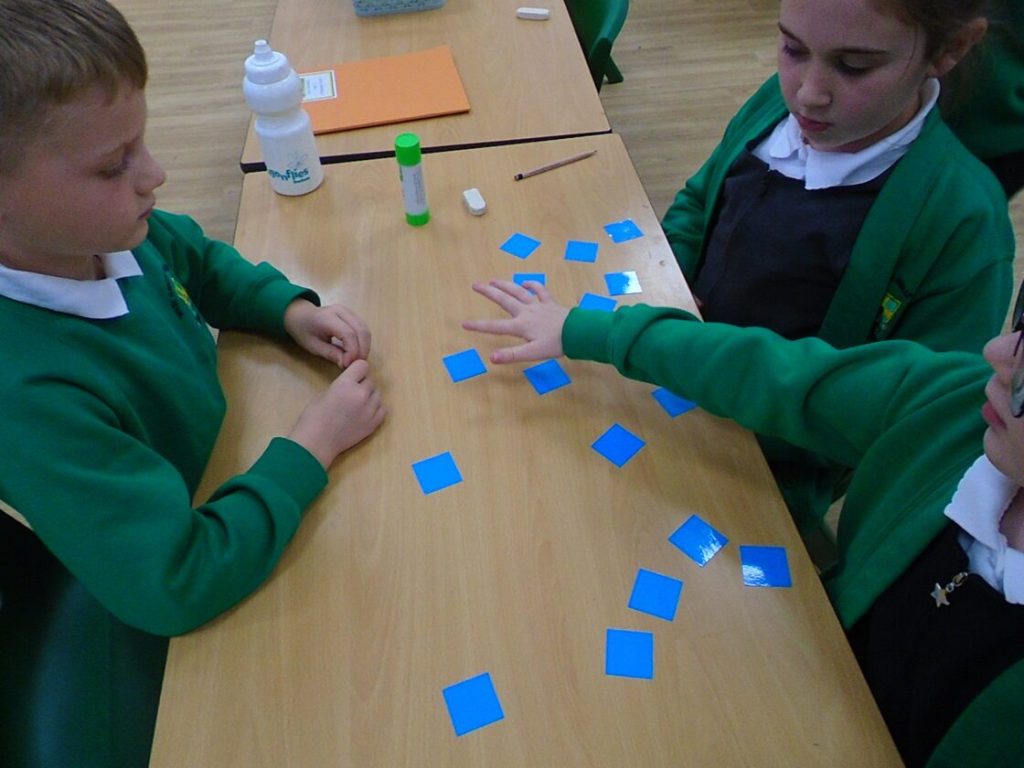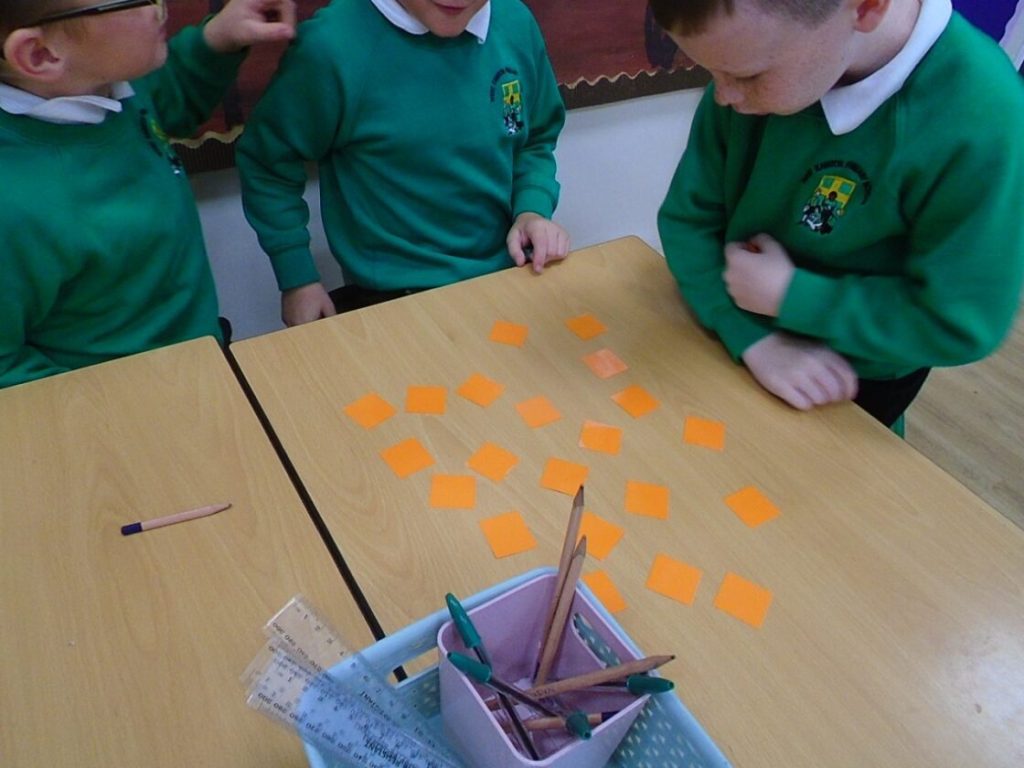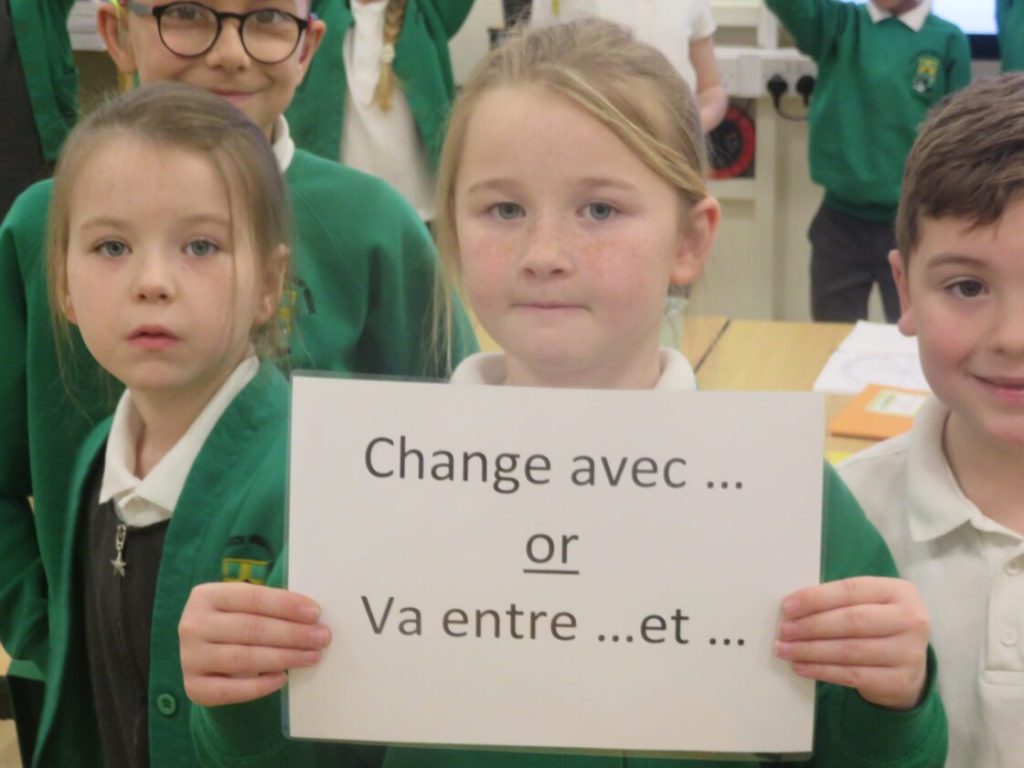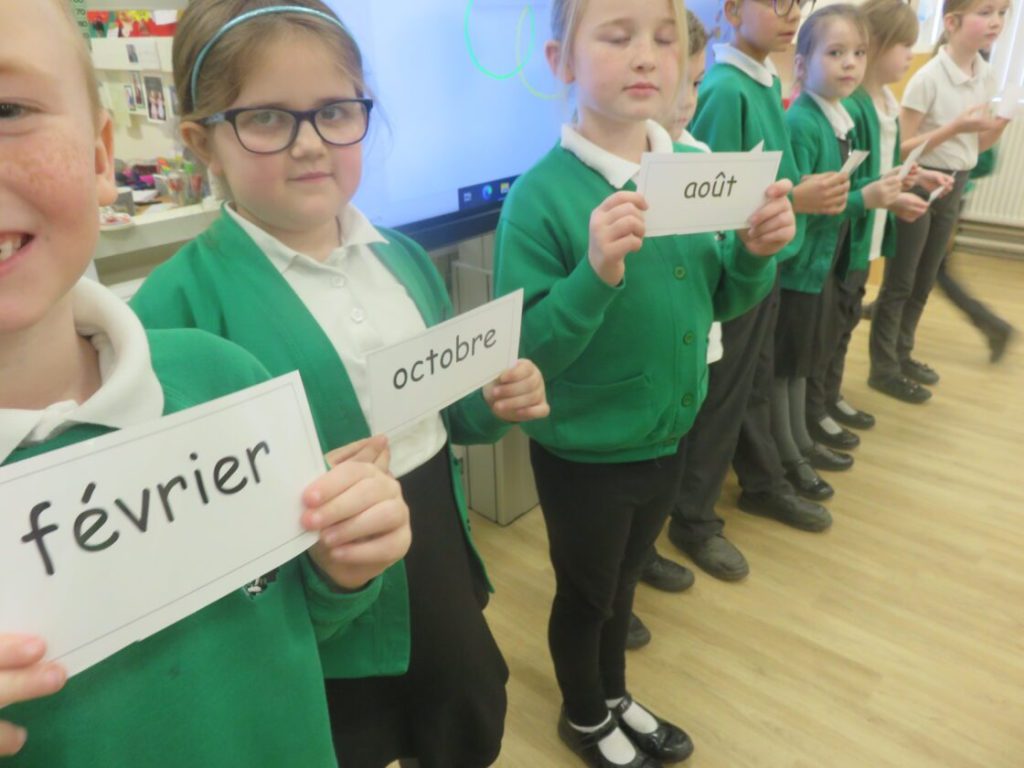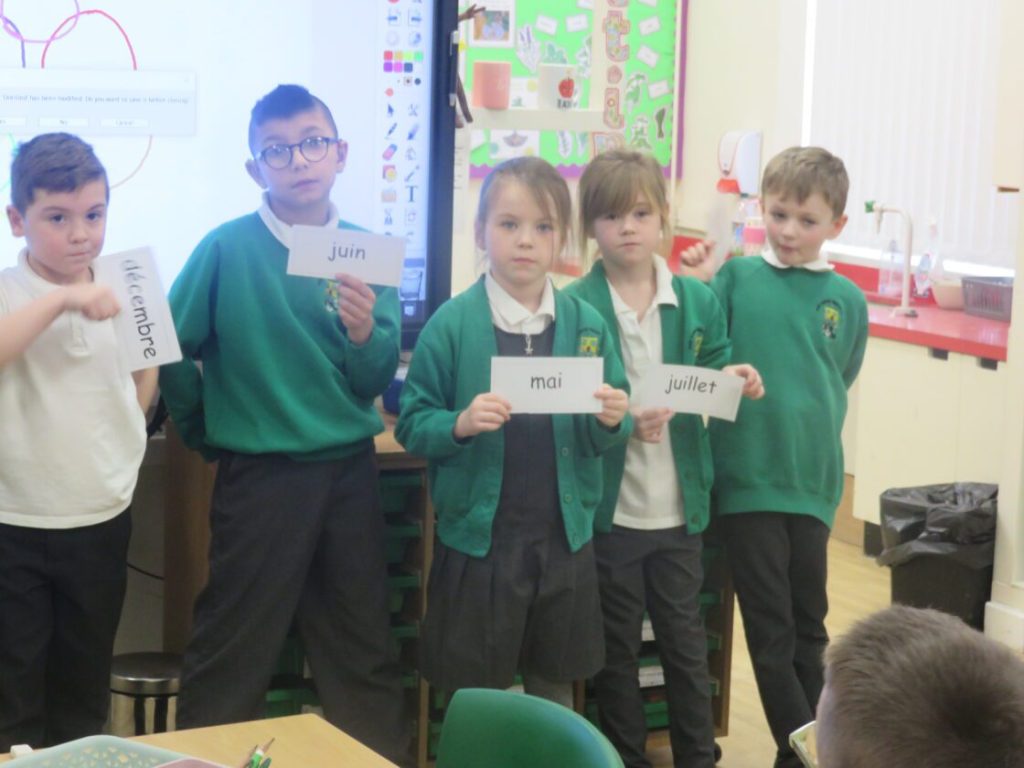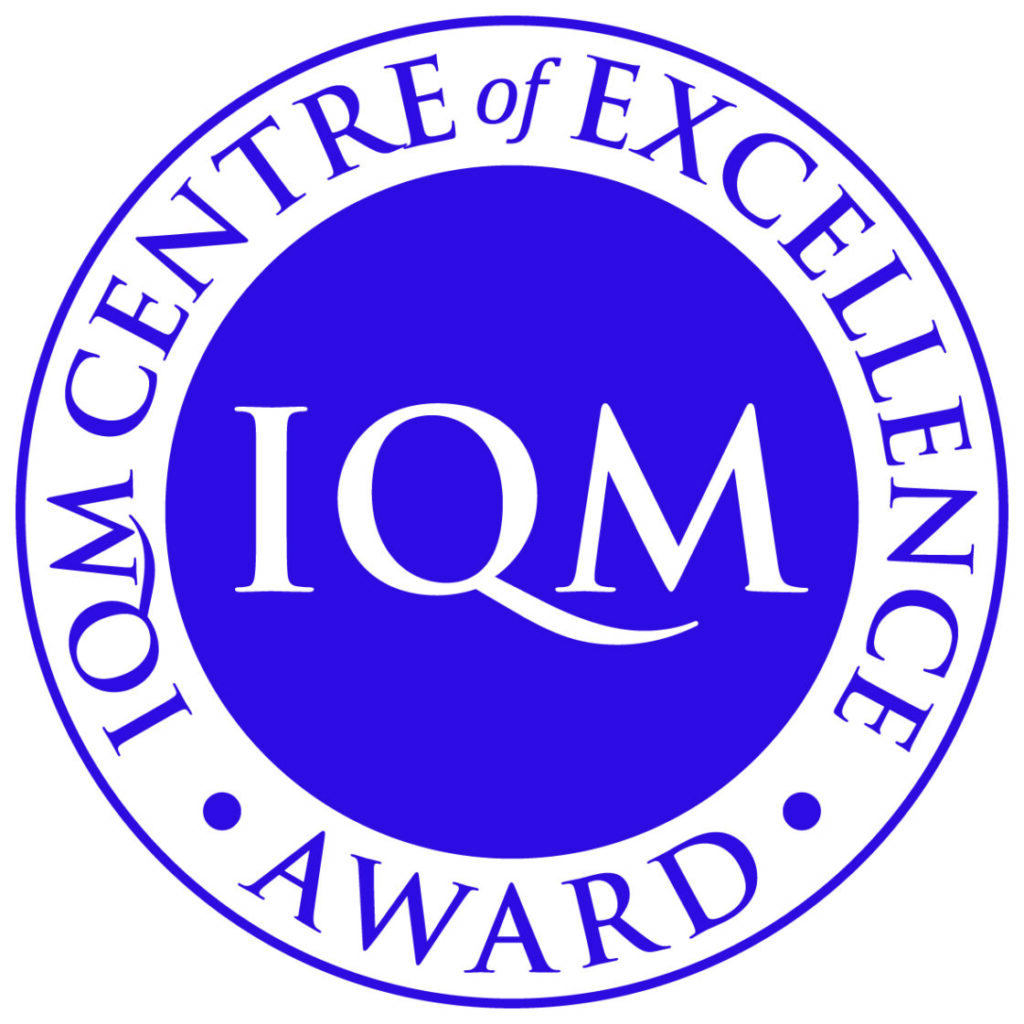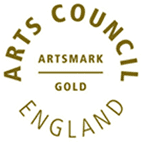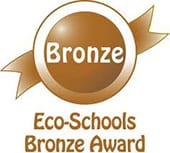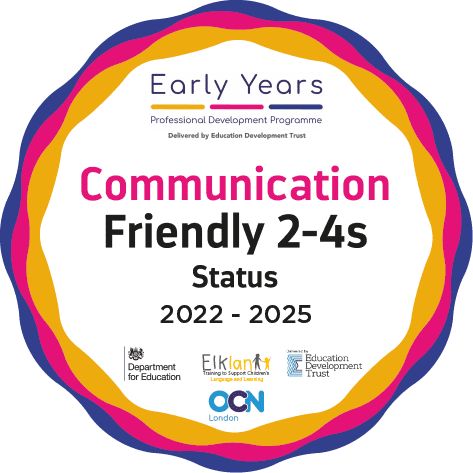Languages
Bienvenue! Wilkommen! Failte! Bienvenido! Croeso! Benvenuto! Welcome, to the exciting subject of languages!

Mrs Alison McDonough
Pupils in Key Stage Two have the opportunity to formalise their learning of other languages in weekly lessons that focus on both grammatical knowledge of the language and also cultural understanding of the areas in the world in which those languages are spoken.
Leadership and intent of languages at West Rainton
The aims and objectives of learning a language in West Rainton Primary School are:
- To foster an interest in learning other languages;
- To introduce young children to another language in a way that is enjoyable and fun;
- To make young children aware that language has a structure, and that the structure differs from one language to another;
- To help children develop their awareness of cultural differences in other countries;
- To develop their speaking and listening skills;
- To lay the foundations for future study.
You can read the full pen profile of our languages lead here:
How languages supports our overarching curriculum key drivers:
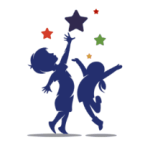 Aiming high
Aiming high
We want our pupils to be inspired by our provision, and to ignite strong aspirations and high expectations of themselves and their future. Promotion of strong attendance is fundamental in this. Through the use of visits, visitors and enriching experiences, we will build knowledge and understanding of career possibilities as well as a hunger to embrace new and exciting opportunities. We will ensure we plan regular opportunities for children to develop self-belief and to see the benefits of taking risks and overcoming challenge. Our pupils will be supported to light up future pathways to fulfilling lives of employment choices, prosperity and future happiness. In languages, this is achieved by the thrilling experience of learning a language other than your own. This engaging subject naturally enriches our lives by broadening our knowledge, skills and cultural capital. In lessons, we look at how valuable to our skillset, acquiring one or more additional languages can be, talking about the careers where languages could be a significant asset.
 Skills for learning and life
Skills for learning and life
We want pupils to leave our school with a bank of knowledge and a skillset specific to each individual subject, whilst also making transferable connections across other areas of learning and life. Fundamental to this, is a curriculum rich in core skills of language, vocabulary, communication, literacy and numeracy. Our pupils will be taught to be inquisitive, follow a line of enquiry to reach answers, and to recall and present their learning in a vibrant range of ways. Opportunities to develop resilience, organisation, leadership, teamwork, adaptability, patience and initiative are all interwoven into our subjects and wider school life in order for our children to adjust to new learning situations. Through speaking, listening, singing, reading and writing in other languages, children make connections within and between languages, including English, which greater increases their fluency and transferable knowledge. Languages allows children to present their work in a range of exciting ways such as in verbal responses, songs, games, role-play and traditional written methods. By developing their communication skills in a new language, they are also consolidating skills, etymology and vocabulary in their first language.
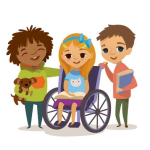 Growing healthily
Growing healthily
Equally as important to us is the development of the whole child. Feeling safe, happy and valued is a fundamental right of all pupils. Our inclusive-rich ethos provides the backdrop to our personal development and wellbeing provision which is skilfully interwoven into all that we do. All pupils are supported to develop a strong understanding of the importance of good physical and mental health, whilst also learning a whole range of factors and influences that can have a negative impact on us. Making, nurturing and maintaining healthy relationships, both on and offline, equips children with the strength and security to recognise what they want and need in life. We believe a strong understanding of e-safety forms a crucial part of being a healthy, well-rounded 21st century global citizen. Languages is a fun subject! It is taught in an engaging and exciting way, with a vibrant range of activities that invariably make children happy. The fact they can communicate in a range of other languages gives them a sense of pride and accomplishment, not to mention the confidence they head off to secondary languages lessons with. Many of the activities children experience during languages lessons allow them to form positive relationships with a range of different people as they model appropriate conversation techniques.
 Knowledge of the world
Knowledge of the world
When our pupils leave us at the end of Y6, we want them to feel so proud of themselves as people that they have the personal strength and self-confidence to find their place as positive global citizens. Through our carefully-planned provision, our pupils will experience a diverse and inclusive-rich experience that allows them to bank cultural capital as well as developing a secure understanding of the importance of equality. As well as a secure knowledge of British values, our pupils will have their minds and horizons broadened through diverse social, moral, spiritual and cultural experiences. Pupils will be regularly encouraged to revisit and extend their world-view, fostering tolerance, sensitivity and empathy to interact positively with others. The cultural capital gained in primary languages lessons is hugely significant. For many pupils, this is their first experience of the world outside of their own, and their view is extended by gaining the skills to communicate in other languages, as well as widening their cultural knowledge of other places and people in the world.
The content of our languages curriculum mapping is reviewed each year and carefully considered based on prior learning and experiences. The subject lead has had extensive local authority-led training in the leadership and delivery of languages. This ongoing networking continues to refresh ideas and build into the subject’s development.
You can see the full subject policy and curriculum mapping for languages here:
WRPS Languages policy 2023-2025
Subject action plan languages 23-24
Languages curriculum map 2023-24
Languages progression of skills map
How languages are taught at West Rainton Primary School
Children in years 3-6 receive an hour per week of languages teaching and learning activities. In our school, languages lessons are taught by the subject lead who has a more specialist background knowledge of the subject. Regular staff training is built into our CPD programme, however, to enhance the languages skills of other teachers to ensure a successful continuity of the subject should circumstances change. The majority of our languages teaching focuses on French for the reasons outlined in the subject policy. In each term, however, all classes receive one unit in another language. This occurs at the same time for all classes to allow for whole-school discussion or collaborative learning such as in assemblies for example. This also allows for clear monitoring, by the subject lead, of progress and attainment across the school.
For some pupils with special educational needs, languages provide a whole new way of learning how to express ourselves. The learning of a new language, actually strengthens and consolidates our communication in other ways, even our first language. Our curriculum has a large emphasis on acquiring new vocabulary; this is usually done through games, songs, stories and pictures. The recording of our knowledge and skills can also be done in a variety of ways; pictorial, spoken or written. There are many strategies for differentiating and accessing tasks including the use of peer mentoring to practise speaking with a partner.
The impact of languages at West Rainton
It is very important to us that our children know why we teach what we do. As part of this, we try to foster a growing awareness of where the subject can progress to in terms of secondary and further education and potential career paths.
The subject of languages, and the skills learned within it, can prove to be very valuable in lots of areas of future life and in many careers. With an ever-expanding global workforce in many industries, language knowledge and cultural understanding of other places in the world can be very attractive to employers; in some cases essential. Global business relies on ease of communication and networking on a multi-national level. Similarly, the travel and tourism industry seeks out candidates with a natural interest in the world beyond their own communities.
Learning a foreign language also greatly increases our understanding of aspects of our own first language. Areas such as word origin, grammatical structure and sentence construction are all enhanced by examining rules in other languages.
We are exceptionally proud that many of our ex-pupils come back to report how successful they’ve been in languages at secondary school. Equally, regular compliments from secondary languages teachers on the foundation we’ve given our pupils in languages, are always very pleasing to hear.
